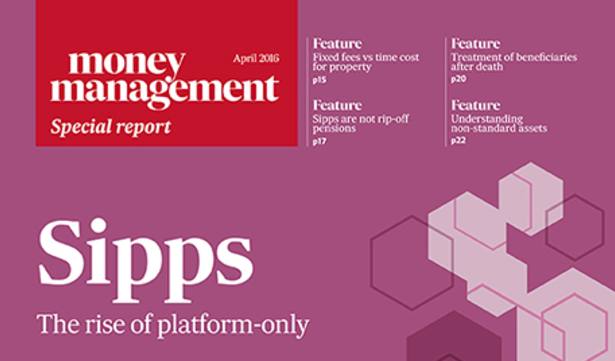Modelling fees
Using three different property scenarios we deemed to be ‘simple’, ‘average’ or ‘complex’ (see Box 1 for explanation) based on their characteristics, we found the percentage difference between the lowest cost and highest cost providers working on a fixed-fee basis in our sample group grew with the complexity, with a difference of over 100 per cent for the ‘complex’ scenario. While sale costs were much lower, the degree of difference was greater.
Our research also examined our own time-sheets for over 100 completed Sipp property cases, yielding a trove of stats such as average fees for different property-related work, the standard deviations of time spent and where time gets written off. Unsurprisingly, property purchase is the biggest single area of work and the one where one standard deviation translates into the largest number of hours (crudely speaking, two thirds of cases will fall within one standard deviation and 19 out of 20 within two standard deviations). Property sale, by contrast, took significantly less time and was less variable.
Property is, of course, a long-term investment so ongoing costs are likely to be more important in the end. Our modelling again used the three, increasingly complex scenarios. Contrary to what you might expect, this time we found significantly less variation in fixed fees with the exception of one outlier in the complex scenario, which was over 60 per cent more expensive than the average.
Without hindsight
There is no neat answer to the fixed-fee versus time-cost conundrum, nor a simple formula for comparing fees. However, our research suggests advisers at least need to filter out the more expensive options. Fixed-fees offer a form of guarantee, but guarantees cost money. Some clients can afford, and are willing, to take a risk – and the simpler the case, the lower the hurdle. Others are made of different mental stuff. Fixed fees offer the risk-averse, certainty-seekers another advantage: protection from regret. Those opting for fixed fees will never know whether time-cost would have been cheaper.
Andy Leggett, head of Sipp business development, Barnett Waddingham






